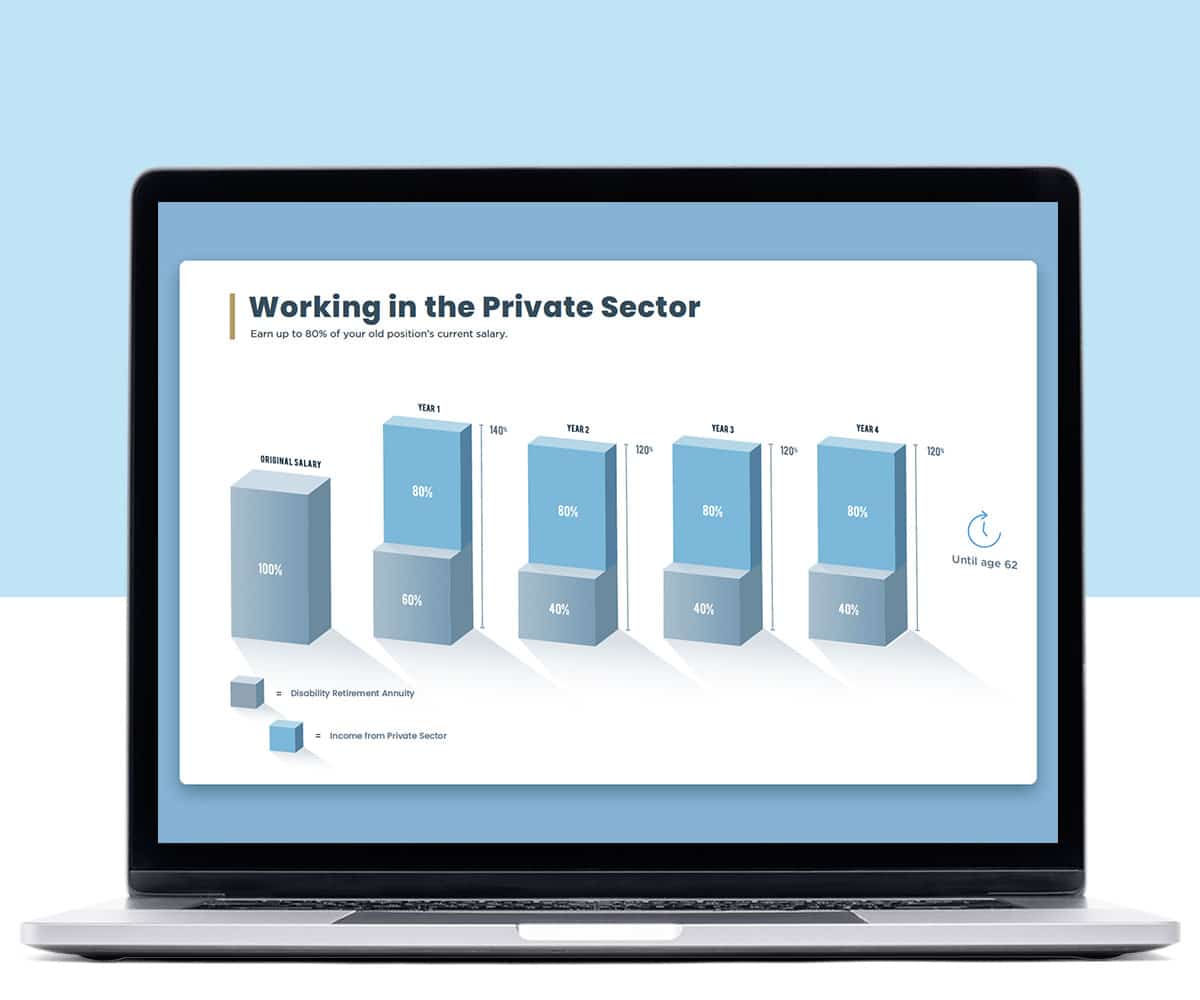
To conclude our series on the Bureau of Prisons, we’ll look at common ways a BOP worker can get injured. The work BOP employees do is dangerous, particularly their work environments. The nature of their job puts them at a significant risk for intentional violent injuries. “Institutional factors” such as inmate overcrowding, inadequate officer training, inmate gangs, and staffing shortages also contribute to this risk. Below are some ways a BOP employee may get injured, or even develop an illness from their position.
Violence
Violence from inmates is a huge threat to BOP officers. Unfortunately, this is one of the leading causes of injury, or worse, to BOP workers. Correction Officers are often required to work alone, late at night, have close contact with inmates, and sometimes, work unarmed. Restraining an inmate or breaking up a fight can result in physical and even psychological harm. The more obvious is physical harm; being attacked, falling or tripping trying to subdue the attacker, and nerve damage are all common. The psychological harm may not be as obvious, but it can be just as debilitating.
Work-Related Stress
Recent years have brought increasing job demands due to the rapidly increasing prison population, staffing shortages, and a high-turnover rate. Because of this, work-related stress and mental health are a big focus. Factors such as shift work, job dissatisfaction, closed work environment, and pressure of dealing with incarcerated criminals can lead to frustration, anxiety, depression, and other psychological disorders.
Transportation
Transportation-related injuries/fatalities are just as prevalent as intentional ones that happen in the BOP facilities. Correctional officers transport inmates to and from correctional facilities, hospitals, and court appearances. Seatbelt use, fatigue, and unsafe driving speeds all can contribute to these types of injuries.
Employees in the BOP are required to be in their best physical condition possible. If not, they can get pulled from duty and sometimes, put in administrative roles or placed on modified duty. By not being physically fit for duty, they are putting not only themselves but their coworkers and even inmates at risk. In fact, to ensure that every BOP employee (every position including cooks, nurses, officers, and chaplains) is fully fit for duty, they have an “8-point letter”. Because “all positions located in correctional institutions are hazardous duty law enforcement officer positions”, employees are required to be alert and able to respond effectively to emergencies always. An employee must pass all of conditions and requirements laid out in the letter, which include seeing a human figure from a fourth of a mile, ability to perform self-defense movements, the ability to smell smoke and drugs, and much more.
We Can Help
At any given moment, something terrible can happen and leave a BOP employee with a permanent injury or symptoms that affect their ability to perform their job. We have had clients from the BOP (Correction Officers, Registered Nurses, Cook Supervisors, Correction Counselors, and Supervisory Correctional Officer lieutenants) who have been approved for conditions ranging from cervicalgia, cervical spine disk rupture, meniscus maceration, fibromyalgia, depression, sciatic nerve injury, and more.
If you are a BOP worker and have been injured or developed an illness while employed in your position, and can no longer perform all your job duties, please give us a call at 877-226-2723. We can schedule a FREE consultation and discuss the specifics of your case. You can also fill out this INQUIRY form.


